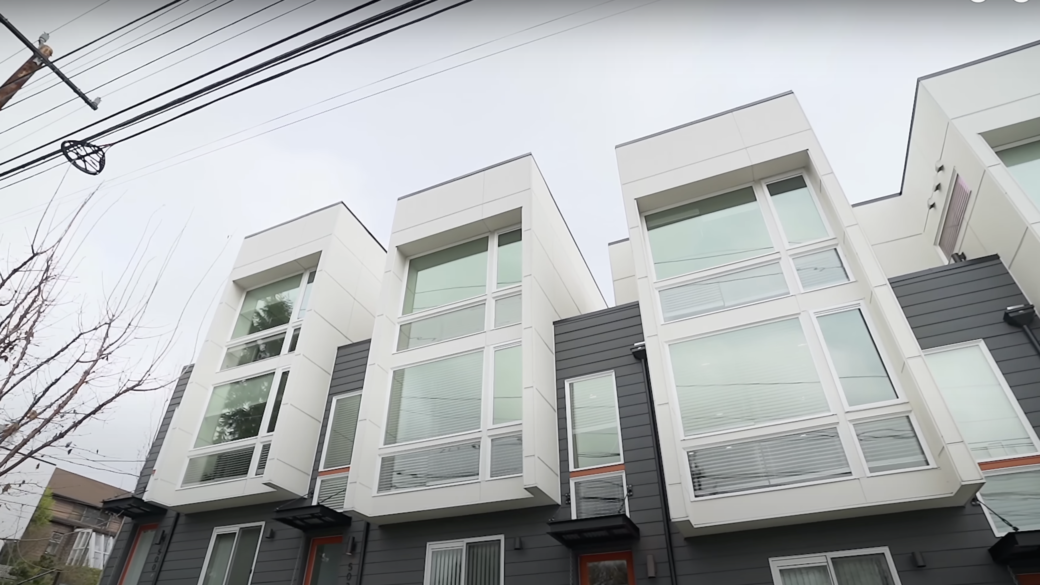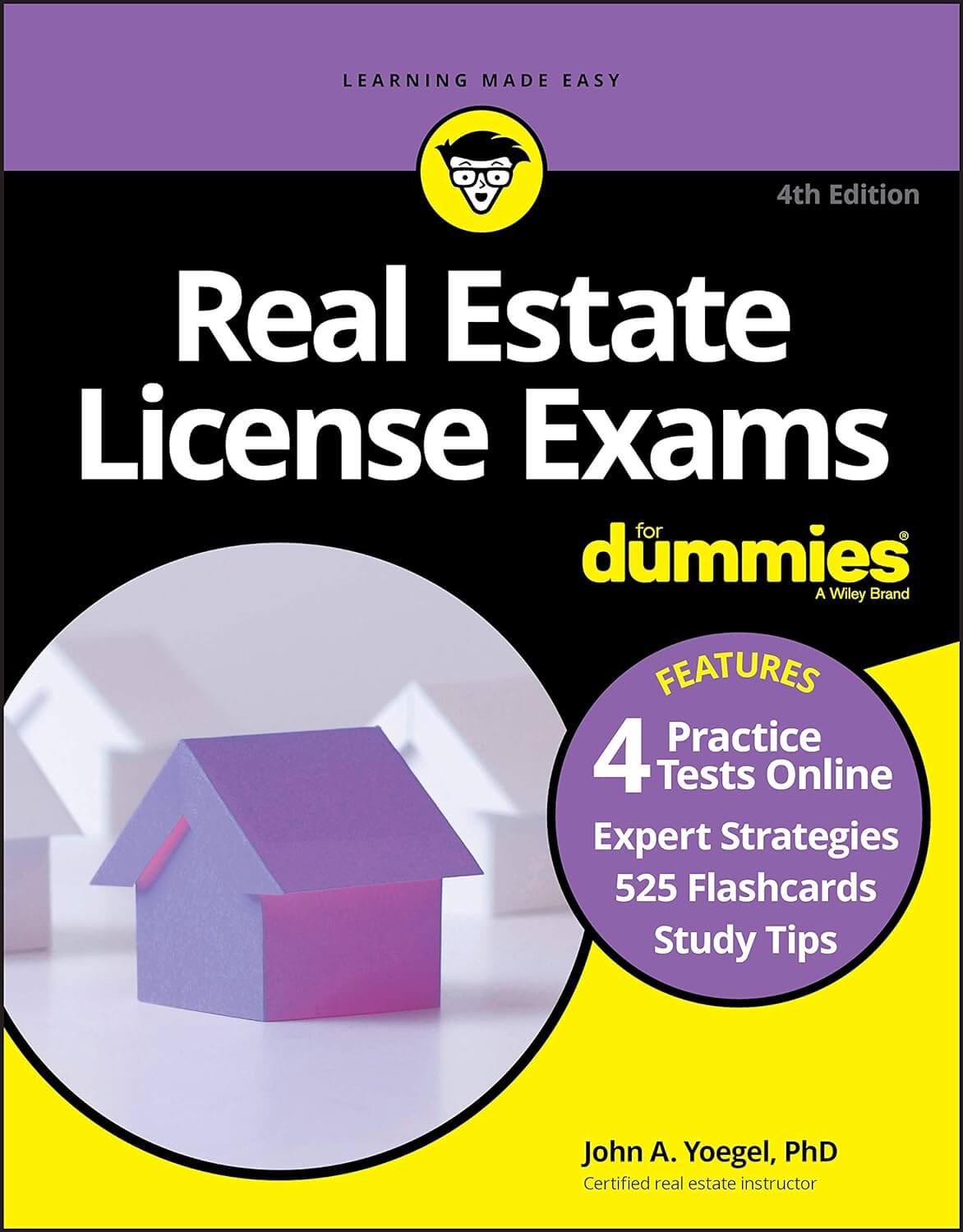Do You Need a Real Estate License to Flip Houses?
For a lot of individuals aiming to profit from the real estate market, flipping homes has grown to be a very common investment strategy. The procedure is paying less for a property, performing the required upgrades and repairs, and then reselling it for more money.
But it’s necessary to think about the rules and regulations governing the house flipping sector before you jump into this potentially profitable endeavor. Do you need a real estate license to flip houses?
Whether a real estate license is necessary is one of the frequently asked questions posed by potential home flippers. In this detailed article we will discuss the response to that query and also give you helpful advice to aid in decision-making.
Licensing Requirements for House Flippers
The brief response to the question of whether you need a real estate license to flip properties is no, often you do not. For those who are involved in the purchasing, selling, or leasing of properties on behalf of customers, a real estate license is often necessary. A real estate license is not necessary, though, as house flippers often buy houses for their own use and do not act as agents for other people.
It may be advantageous or essential for home flippers in some circumstances. A real estate license is necessary, for instance, if your real estate company involves flipping properties while still representing customers. Licensed agents may use the MLS, use their professional network, and save on commission costs, all of which can help their efforts to flip houses be successful.
Hiring Licensed Contractors for Renovations
Hiring qualified contractors can be essential, depending on the extent of your house flipping projects and the improvements required. For specified sorts of work, such as plumbing, electrical or structural alterations, several states need a contractor’s license.
Using licensed contractors lowers the possibility of penalties or delays by ensuring that the work is conducted in accordance with local building laws and regulations. In addition, particular municipalities may need permits for specific improvements, which frequently call for the hiring of qualified experts.
Before deciding if you want to flip a house, use HouseReal’s Landlord Rental Yield Calculator to work out how much money you could make by purchasing a property and renting it out.
Obtaining Building Permits for Major Renovations
It may be required to secure the proper building permits before starting any major construction or restoration projects. Permits for plumbing, electrical, structural, or other upgrades or additions may fall under this category.
Obtaining the required permissions enables you to make sure that your project conforms with regional building laws and safety regulations. Failure to secure the required permits may result in penalties, holdups, or even the forced removal of unauthorized building.
Navigating Zoning and Land Use Regulations
In addition, municipal zoning and land use laws should be understood by real estate investors since they may affect home flipping attempts. For instance, you might require permission from local authorities if you intend to change the use of a property (such as turning a single-family home into a multi-family residence).
Working with a qualified real estate agent who is knowledgeable with the area’s zoning laws can occasionally be helpful in negotiating these complicated laws.
Acquiring Specialty Licenses for Specific Services
For the services you offer while flipping houses, you might in some cases need to get specialist licenses. You might need to obtain the necessary licenses or certificates, for instance, if you intend to manage the properties you manage for your flips or if you wish to remove lead paint or asbestos.
The precise laws that relate to your home flipping efforts must be researched because these requirements differ by state and local jurisdiction.
Advantages of Obtaining a Real Estate License for House Flipping
There are several advantages to getting a real estate license, even if it is not required to flip properties. The Multiple Listing Service (MLS), which offers a plethora of data on available homes and previous transactions, is first and foremost available to certified agents. This access may provide you a competitive advantage in locating the greatest offers and maintaining market awareness in your area.
Second, you may reduce commission costs by getting a real estate license. Since you are a licensed agent, you may represent yourself while buying or selling a property without having to pay another agent’s commission. Your profit margins per flip might grow substantially as a result of this.
Last but not least, obtaining a real estate license will help you build a strong foundation of knowledge and proficiency in the field. As a licensed agent, you’ll have to undergo pre-licensing training and pass a state test, which will provide you a thorough grasp of real estate regulations, laws and best practices.
How to Get a Real Estate License
Getting a real estate license is really easy when you use Real Estate License Exams for Dummies. Their book is perfect for beginners looking to pass their real estate exam. It also comes with 4 practice tests online, and over 500 flashcards.
The Role of Networking in House Flipping
Recognize the value of networking in the house flipping industry, even if you decide to not get a real estate license. Your efforts to flip houses can tremendously benefit from developing ties with local real estate agents, contractors, wholesalers, and other business people. These relationships may enable you to discover off-market offers, bargain for lower costs, and get referrals to reputable service suppliers.
Let’s take the scenario where you have an excellent connection with a local real estate agent who specializes in distressed residences. In order to offer you a competitive advantage over your competitors, this agent could be able to provide you early access to possible flip candidates.
Weighing Your Options: To License or Not to License
The choice to get a real estate license for house flipping ultimately depends on your personal goals, requirements, and situation. Getting a license might be valuable if you want to flip properties regularly and want to optimize your earnings by avoiding commission costs and receiving access to beneficial tools like the MLS.
On the contrary, the time and money needed to invest in obtaining a license might not be justified if house flipping is a side business or a one-time job. In this situation, concentrating on creating a strong network of business experts and being knowledgeable about the local real estate market may be a more successful strategy.
Take into account the following aspects to make the best choice for your circumstances:
- Frequency of flipping: A real estate license can provide considerable financial benefits by lowering commission costs and granting access to unique resources if you want to flip many houses each year. The advantages might not exceed the expense and time commitment of licensing for sporadic flippers or those new to the business.
- Local market knowledge: Obtaining a real estate license necessitates completing pre-licensing courses and passing a state test, both of which may teach you useful information about your local market, real estate regulations, and industry best practices. This information might be especially useful if you are new to the house-flipping industry or your local market.
- Networking opportunities: Having a real estate license might help you network and build partnerships with other entrepreneurs. You may be able to access good deals, negotiate better terms, and locate better offers simply because of these relationships.
- Legal requirements: As previously noted, even though a real estate license is not often necessary for house flipping, you should examine local laws and rules to make sure you are in accordance with any local requirements.
Finally, even if a real estate license is not a requirement for house flipping, it might nevertheless have certain benefits based on your objectives and the scope of your projects. Before deciding, carefully consider the advantages and disadvantages of licensing and review your own position. Whether you decide to get a license or not, building solid networks and being up to date on regional real estate trends will be crucial to your success in the home flipping business.
Bonus Content – Understanding Real Estate Licenses
An individual may represent customers in the purchase, sale, or lease of real estate with the support of a real estate license, which is a legal authority granted by the state’s real estate commission or board. While the prerequisites for acquiring a license differ from state to state, they often include completing pre-licensing training, passing a state test, and fulfilling other particular requirements. We’ll look into what a real estate license is and the range of activities it authorizes in this section.
Pre-Licensing Education and Examination
Individuals must finish a pre-licensing education program that has been approved by the state before they become licensed real estate agents. This course includes a wide range of subjects, including as ethics, contracts, property management appraisal in addition to real estate law. A successful career in real estate requires a strong foundation of knowledge and skills, which the pre-licensing course aims to provide.
Candidates should pass a state licensure test after completing the pre-licensing curriculum. This examination assesses the candidate’s knowledge of both fundamental real estate principles and state-specific real estate legislation. A requirement for getting a real estate license is passing the test.
Representing Buyers and Sellers
Agents that hold a real estate license are able to legally represent customers when they purchase, sell, or rent properties. This involves promoting homes, doing showings, putting together offers, and negotiating contracts on behalf of their clients, among other things. Licensed agents have a fiduciary duty to act in their clients’ best interests and are subject to an ethical code.
Access to the Multiple Listing Service (MLS)
Possessing a real estate license has several benefits, one of which is having access to the Multiple Listing Service (MLS). The Multiple Listing Service (MLS) is an extensive database of homes for sale that contains in-depth information on each listing and information on previous sales. Having access to this information enables licensed agents to appropriately price houses, locate prospective bargains for their clients, and keep updated about the local market.
Continuing Education and Professional Development
In order to maintain their licenses, real estate brokers must fulfill continuing education courses. These training programs guarantee that agents remain knowledgeable about current industry trends, regulations, and best practices. Continuing education promotes professional development and enables agents to give their clients the best service possible.
Networking and Industry Connections
A real estate license might provide access to industry networking possibilities. Licensed real estate agents may collaborate with national and local organizations, join real estate sector events and work with a variety of professionals including appraisers, mortgage brokers and house inspectors. These relationships may result in win-win collaborations and advance a real estate agent’s career.
So Do You Need a Real Estate License to Flip Houses?
This article provided information for those wondering if you need a real estate license to flip houses. A real estate license is an important certification that enables holders to represent clients in transactions involving real estate.
It also gives access to limited tools like the MLS, and take part in networking events within the sector. A real estate license might be beneficial for people wishing to increase their expertise and contact network in the real estate industry. However, it is not compulsory for flipping properties.
Read Also – How to Sell Land Without a Realtor: A Comprehensive Guide


